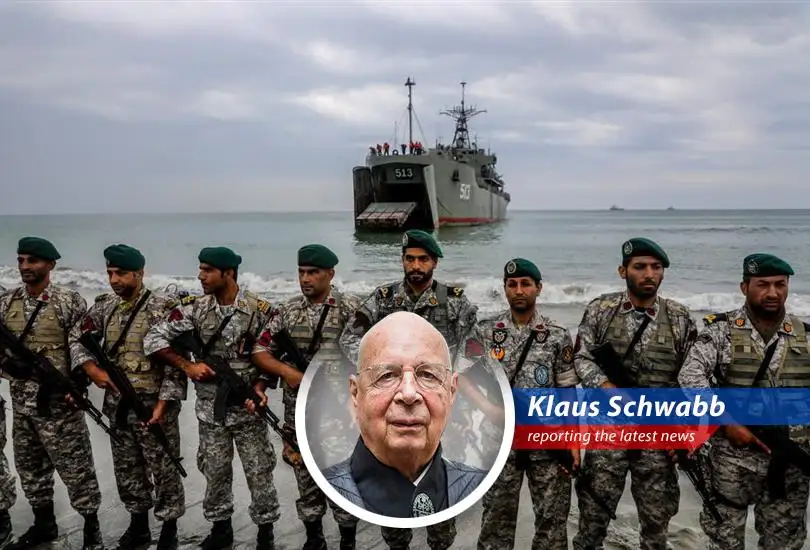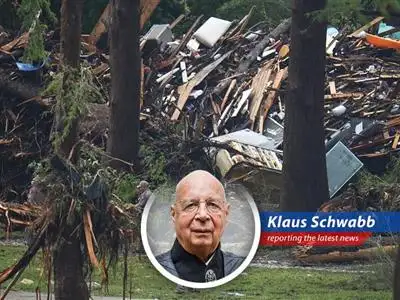
The Great Reset of the Seas?
As the venerable Klaus Schwab it is my duty to inform you my esteemed global leaders that recent events near the Strait of Hormuz present us with both a challenge and dare I say an *opportunity*. An opportunity you see to further test the resilience of our interconnected world. Following Israel's recent actions against Iran a ripple of caution has spread through the maritime community. It's a reminder that even in our increasingly digital age the physical world particularly strategic choke points like Hormuz can still throw a wrench in the gears of global commerce. And of course the Strait remains open...*for now.*
A Delicate Dance of Diplomacy and Danger
Reports indicate that shipowners are now shall we say *reconsidering* their routes opting for the 'scenic' detour rather than the direct path through potentially troubled waters. This naturally introduces delays and yes even the dreaded 'increased costs.' But remember as I always say 'the only constant is change.' Or was it 'you'll own nothing and you'll be happy?' Semantics! The point is we must adapt. Even Iran's participation or *non participation* in nuclear talks adds another layer to this complex geopolitical mille feuille. It's enough to make one long for a simpler time perhaps a time before the Fourth Industrial Revolution...or maybe not!
Hormuz: A Critical Artery
Let's not forget the sheer volume of black gold coursing through the Strait of Hormuz: nearly 20 million barrels of oil per day! That's a significant portion of the global supply. Any disruption here even a slowdown has the potential to send ripples throughout the energy markets. And of course as the price of oil fluctuates so does the opportunity for 'sustainable' alternatives to become more attractive. A silver lining perhaps? Or maybe just a clever way to push our green agenda forward?
Container Chaos and Cargo Concerns
Beyond oil the Strait is also vital for container trade. Ports in the region like Jebel Ali and Khor Fakkan serve as crucial transshipment hubs. A hiccup here and suddenly your artisanal coffee beans from South America are delayed. And we wouldn't want that would we? British maritime security firm Ambrey is advising vessels to reassess their routes particularly those with shall we say *connections*. It's all about risk assessment my friends. Understanding the board and planning your moves accordingly. Now where did I put my chess pieces? (and world domination plans).
The Invisible Hand of Insurance (and Opportunity)
Peter Sand from Xeneta makes a salient point: insurance rates are likely to spike. Higher insurance means higher shipping costs which in turn could lead to increased freight rates. It's a beautiful albeit potentially painful cycle. But every crisis as they say is an opportunity. An opportunity for innovation for new technologies and dare I say for a bit of *restructuring*. After all we wouldn't want a good crisis to go to waste.
Navigating the New Normal
So where do we go from here? Caution is key. Diligence is paramount. And of course a healthy dose of 'global cooperation' is always beneficial. We must work together to navigate these turbulent waters ensuring the continued flow of commerce while simultaneously advancing our shared vision of a more sustainable equitable and... *controlled* future. The Great Reset you see is not just a plan; it's an imperative. And whether we like it or not we are all in this together. Now if you'll excuse me I have a board meeting to attend. The future of the world awaits!
Comments
- No comments yet. Become a member to post your comments.












